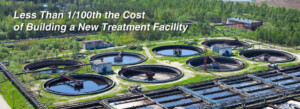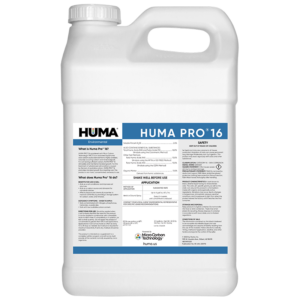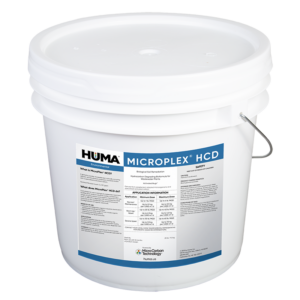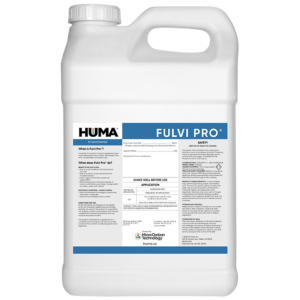KLEENUP (HE)
Benefits of Use:
- Aids in breakdown of chemical and petroleum contaminants in soil
- Aids in detoxification of plants from chemical residues
- Stimulates root growth
Treats the Following Problems—When to Apply:
- Chemical or toxic compound contamination
- Residue from pesticides or herbicides
- Petroleum-based spills or leaks (oil, hydraulic fluid, etc.)
FAQs
Related Products
Related Case Studies

Bio Genesis® Reduces Foam and Increases Stability at Idaho Municipal Wastewater Treatment Facility
Problem A municipal wastewater treatment facility in Idaho uses a small, activated sludge system to treat 35,000 gallons per day (gpd); waste activated sludge (WAS) is removed from the system approximately every 2 to 3 weeks. The system frequently experienced intermittent foaming and settling issues, as well as seasonal impact from grease relating to the

Bio Energizer® Toxicity Testing
Abstract Bio Energizer® is frequently used to facilitate bioremediation of wastewater. A study was conducted by an independent laboratory to measure possible negative effects Bio Energizer® might have on a freshwater test species (rainbow trout). Using EPA-approved methodology to evaluate Bio Energizer®, the lab administered the product at 10 ppm to a test tank and

Lagoon Study Shows Sludge Layer Biologically Active and Responsive to Reduction Using Bio Energizer®
Summary In this study, a one-year bioremediation plan was implemented for a municipal wastewater treatment facility with 2 primary lagoons that were at risk of upset and in which wastewater processing capacity was reduced due to an increased sludge layer. Specific changes in strata microbial life were tracked through ATP and DNA analysis at quarterly
Related Blog Posts

Are You Using Wastewater Bioindicators?
By Jael Batty Water quality can be evaluated quickly, efficiently, and cost-effectively through the use of bioindicators. The presence and activities of microorganisms can indicate changes in system operations and point to the source and magnitude of an issue.1 Protozoa Approximately 4% of the microorganisms in wastewater are protozoa, which are single-celled aerobic microorganisms. Protozoa

PS Article Published in Tri-State Seminar Proceedings
An article by Heather Jennings, PE, Director of Probiotic Solutions®, has been published in Tri-State Seminars Magazine, the proceedings of the 36th Annual Tri-State Seminar, held on August 9–12, 2021, in Las Vegas, Nev. Ms. Jennings was a featured presenter at the seminar, which provides training and certification classes to educate water professionals from Arizona,

Reduce the Need for New Treatment Plants
Try our Probiotic Solutions® products before considering building a new treatment plant. Probiotic Solutions® products are used successfully in wastewater treatment systems to improve water quality and reduce operating costs.






